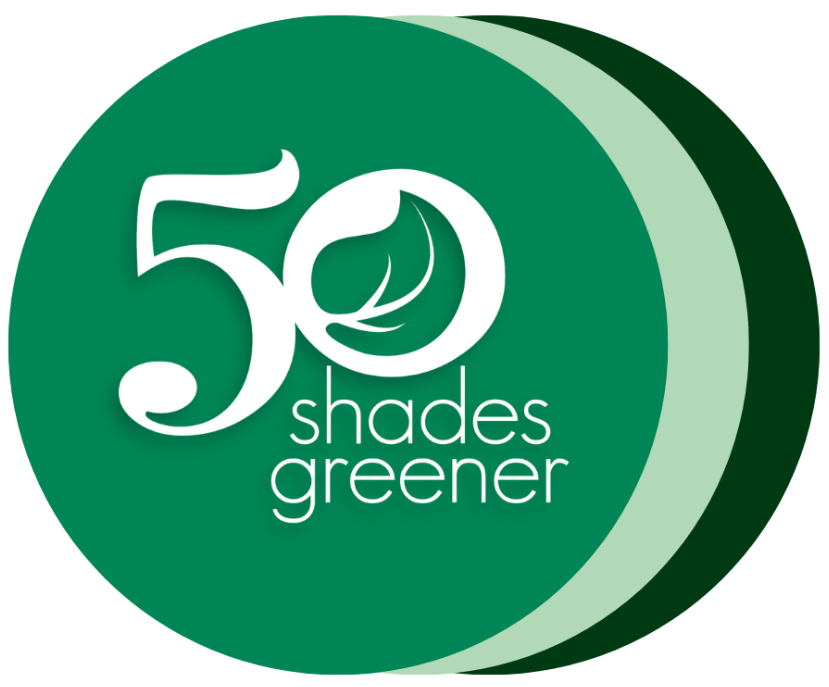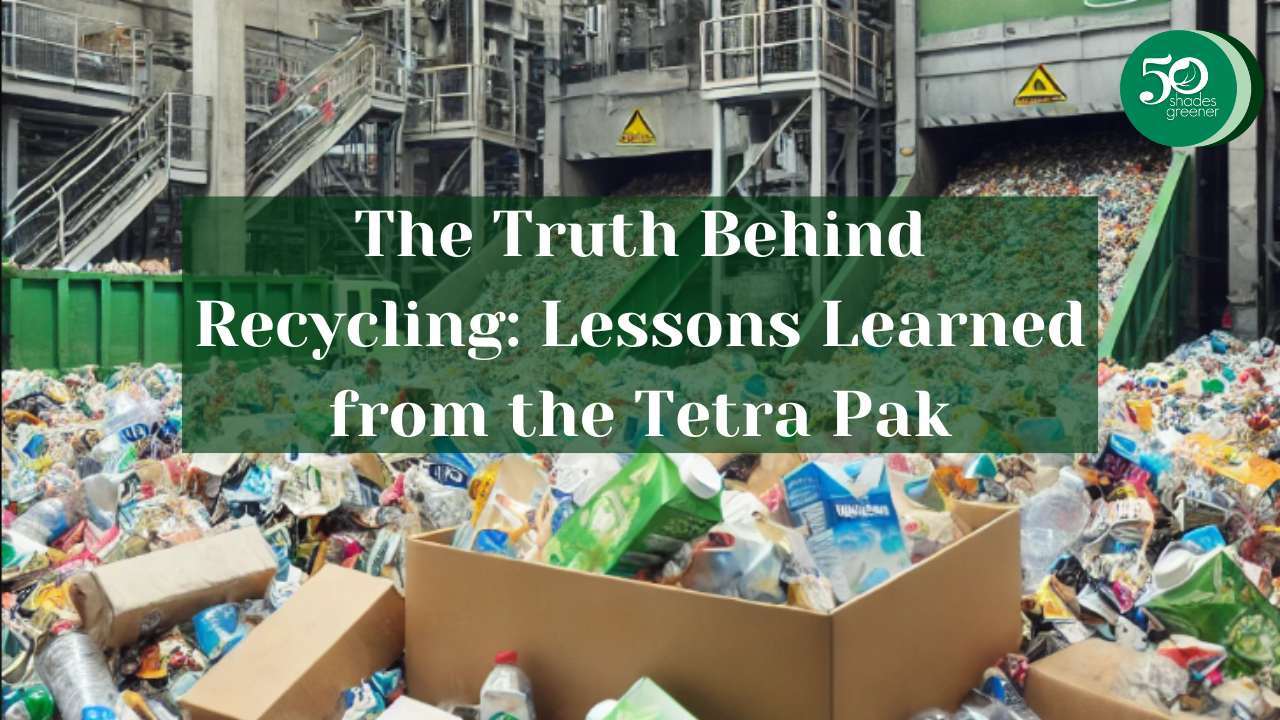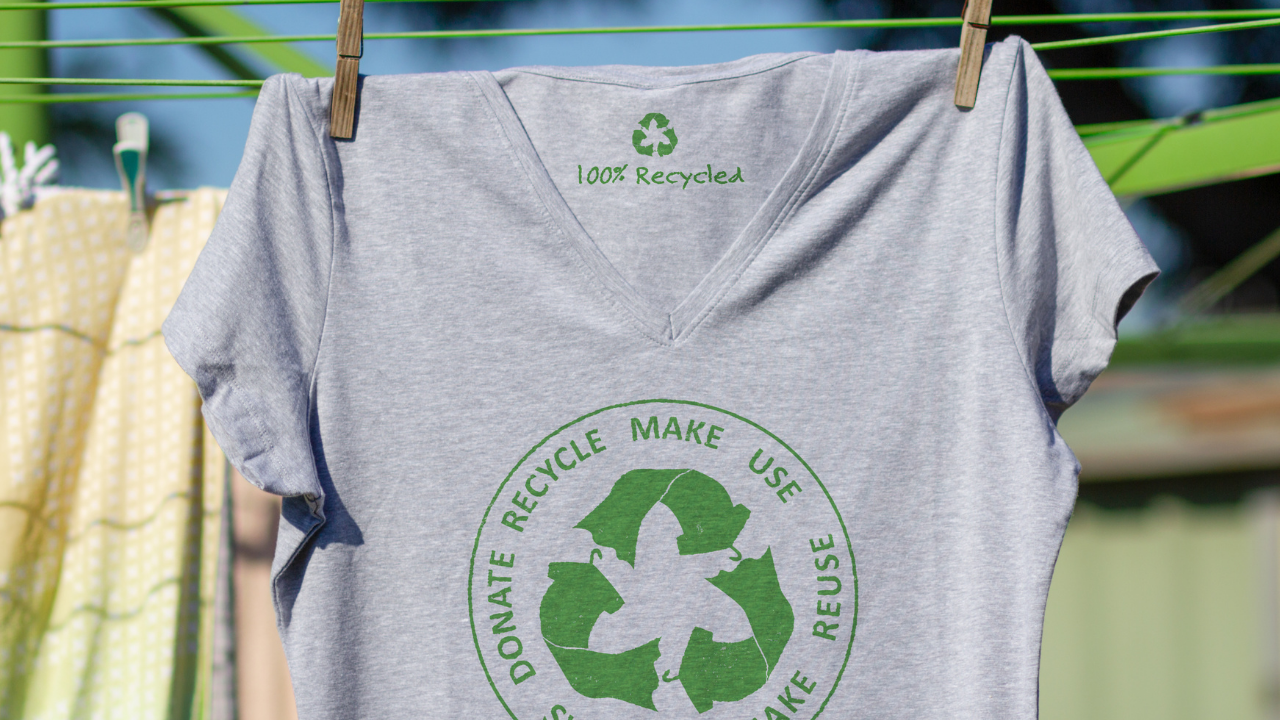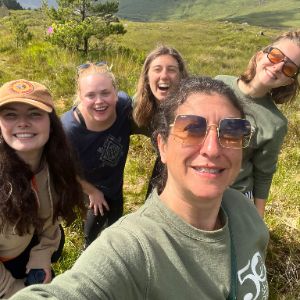TL;DR: Recycling Isn’t the Hero We Thought It Was
Recycling has been marketed as the silver bullet for sustainability, but it’s often a distraction from the real issues: overproduction, corporate irresponsibility, and lack of proper infrastructure.
Companies like Tetra Pak, Coca-Cola, an
...
What Exactly is Embodied Carbon and Why Should You Care?
Embodied carbon is the sneaky villain hiding in your hotel’s interior design, lurking in the walls, the furniture, the flooring, and even those beautiful new bathtubs you’ve just installed. Unlike operational carbon, which comes from the ener...
Quick heads-up! If you like straight-talk sustainability, join our free SustainABILITY Hub — a casual drop-in every Wednesday at 13:30 (UTC+1). Ask questions, swap ideas, and bust myths like the one below (no jargon, no hard sell).
Join here!
TL;DR: Is Tetra Pak Really Sustainable?
Tetra Pak ...
ESG is currently a buzzword that people are either very familiar with or have simply heard about.
The fact is, that ESG is going to become an integral part of how we all do business, particularly on how we report on the sustainable practices of our company in a transparent way.
KALDEWEI is a comp...
The linear economy or “take-make-use-waste” model is being exposed for its severe negative consequences environmentally.
Society is realising that our systems are no longer serving us. On our current trajectory worldwide, waste generation will have increased by 70% by 2050 – that’s 3.4 billion met...
For the year of 2024, the team here at Fifty Shades Greener (FSG) has decided to focus its energy and efforts into spotlighting small, community driven sustainability projects from anywhere in the world that are operating on a grass roots level.
The world of sustainability itself can often be perce...
As defined by the European Parliament;
“The circular economy is a model of production and consumption, which involves sharing, leasing, reusing, repairing, refurbishing and recycling existing materials and products as long as possible. In this way, the life cycle of products is extended.”
The driv...
Have you ever put an item into the wrong bin? Food in landfill, landfill in recycling. Did your brain tell you for a second this is wrong and you still did it?
I know I have, and I am ashamed to admit it but hey, it’s the truth. I worked in the Hospitality Industry and this is a hard paced, busy, ...
This is difficult to determine, because there is more than one issue at stake.
In terms of Co2 emission at the production stage, Tetra Pak cartons are the winner, followed by plastic, then aluminium, and surprisingly then glass is the worst.
Glass is the highest producer of carbon emissions becaus...
I am beyond privileged that my weekly work allows me to meet Hotel teams from all over the world.
There is nothing more satisfying than one of your students surpassing your expectations!
This was exactly the case when I met the team at the Kingsley Hotel in Cork, Ireland. They have recently availe...
What statement is more impactful to you?
-
If you turn off your tap while brushing your teeth you will save water.
-
By turning off the tap while brushing your teeth, you and your family could save 14,600 litres of water every year! Imagine if every other home did the same?
...










